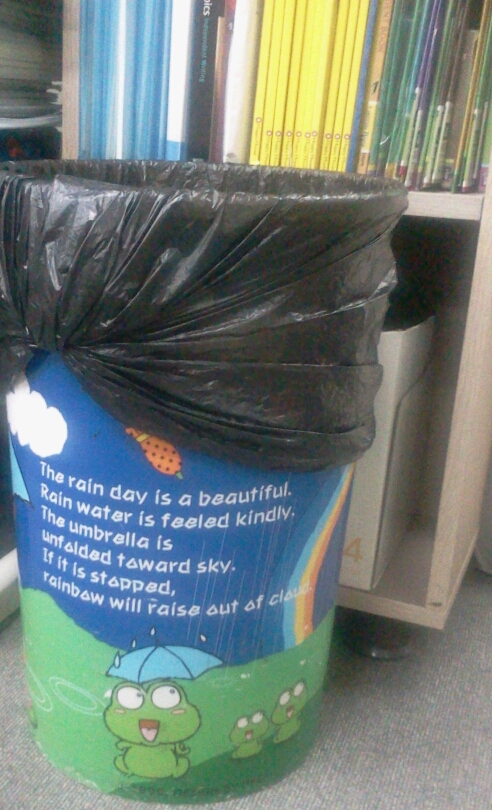Well, I have bad news and good news.
The bad news is I had to pay a fine of $300 (₩300,000) to the immigration authorities, because I violated a rule that said I had to report a change-of-address within 14 days. In fact, it was 1 year and 14 days since my move. Heh. I sort of knew about this rule, in the abstract, but in the mess of having cancer last year, and the move (while Andrew and Hollye were here, who helped me move), and everything else… I just forgot about it, and Curt never thought about it… and so we never reported the address change.
The good news is that I did, in fact manage to renew my contract and visa for another year. It seems as if time has flown by very fast, this past year.
They originally wanted to charge a fine of $500 (and in fact they had legal discretion to fine me up to $1000 and/or deport me, according to some websites on Korean immigration rules). Curt, however, was with me, and he decided to argue with the immigration officer for 40 minutes (continuously, in his best school-teacher, Korean-Confucian-pedantic style), and this (maybe) got us the reduction of $200. Curt was very pleased with the result, and I have to admit that if I had been alone, I'd have simply paid the $500 without even trying to negotiate. This is a Korean vs US character thing, in part. In Korea, officers giving fines and fees seem to have a lot of discretion (this is a carry-over from the days when it was outright corruption – I don't actually think there is that much corruption now, but this capacity to negotiate the terms of minor legal infractions still seems universal in the culture).
Curt said, "Wow, 200,000 won for only 40 minutes work. It sure was tiring, though." Indeed, he'd worked up a sweat in the air-conditioned office with his passionate debating. One thing he conveyed to me, later, that I hadn't captured in overhearing the Korean, was that the immigration officer had said at one point, to Curt, "Why are you arguing this? – it's the foreigner who has to pay the fine." Curt subsequently harangued the officer about the idea that that was the kind of "pass-the-buck" attitude that caused so many social problems in Korea, and further, it was a little bit "anti-foreigner" (i.e. racist).
Well, thus it is. I will view the $300 as part of the cost of my cancer last year, since ultimately the fact that I never reported my change-of-address is best explained by the distraction of that illness.
 Prior to the immigration office adventure, Curt and I had had lunch together, at a 설농탕 joint down the road from KarmaPlus a few blocks. Curt had said, "this is an old restaurant," drawing out the "old" to show emphasis.
Prior to the immigration office adventure, Curt and I had had lunch together, at a 설농탕 joint down the road from KarmaPlus a few blocks. Curt had said, "this is an old restaurant," drawing out the "old" to show emphasis.
I said, "Really? When did they build it?"
"Oh, 1998 I think," Curt answered.
We talked about how I had come to Ilsan in 1991, when I was in Korea in the US Army, and how at that time, it had been mostly rice-fields and a decrepit neighborhood around the train station, rather than a city of half-a-million.
Ah, life in the 신도시 [sindosi = "new city"].
[daily log: walking, 6km]
I was walking home, just now, and I just happened to notice a scrap of paper on the sidewalk, a block or so from work. It was a slightly damp, torn fragment of one of my "alligator bucks," that I give to students as a form of reward points. I was surprised. The was not at work – it wasn't in front of work. Somewhere, some student of mine had lost a bit of his or her "money" out in the street. It felt strange – like my private economy that I maintain with my students was infiltrating into the outside, broader world.



